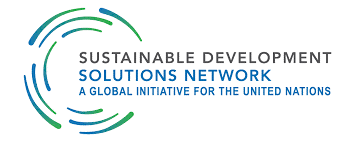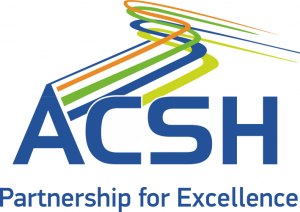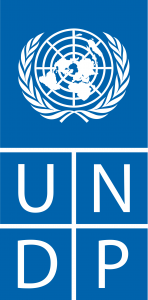 |
Lee Kuan Yew School of Public Policy (LKYSPP) is an autonomous postgraduate school of the National University of Singapore (NUS). The QS World University Rankings (2019) ranked NUS 11th in the world and 1st in Asia. It was formally launched on 4 August 2004 and named in honour of Singapore’s first and longest-serving Prime Minister. The School inherited the Policy Programme that NUS had set up with Harvard Kennedy School in 1992. Today, the LKY School offers five master’s degree programmes, a senior fellowship programme and a PhD programme, and has four research centres. Vision: A world transformed through good governance and leadership excellence. Mission: To be the leading global public policy school in Asia, developing thought leadership, improving standards of governance and transforming lives for a more sustainable world.
|
|
|
|
Astana Civil Service Hub (ACSH), an initiative of the Government of Kazakhstan and the United Nations Development Programme, was established in March 2013 by 25 countries and 5 international organisations. Today, the Hub comprises 42 countries and more than 55 institutional partners. ACSH is a multilateral institutional platform for the continuous exchange of knowledge and experience in the field of civil service development, aiming at supporting governments in the region through fostering partnerships, capacity building and peer-to-peer learning development activities, and evidence-based solutions. Mission: To assist in promoting civil service effectiveness by supporting the efforts of governments of countries of the region and beyond in building institutional and human capacity. Goal: To become a multilateral platform engaged in the exchange of experience and knowledge, uniting efforts to reform and build capacity of civil services in participating countries.
|
|
 |
UN Sustainable Development Solutions Network (SDSN) is a nonprofit made by the United Nations in 2012 to advance the Sustainable Development Goals (SDGs). The Sustainable Development Solutions Network (SDSN) was launched in 2012 by UN Secretary-General Ban Ki-moon to mobilize global scientific and technological expertise to promote practical problem solving for sustainable development and implement the Sustainable Development Goals (SDGs). Following their adoption, SDSN is now committed to supporting the implementation of the SDGs at national and international levels. SDSN aims to accelerate joint learning and help to overcome the separation of technical and policy work by promoting integrated approaches to the interconnected economic, social, and environmental challenges confronting the world. SDSN works closely with United Nations agencies, multilateral financing institutions, the private sector, and civil society. The organization and governance of SDSN enables leaders from all regions to participate in the development of the network, while at the same time ensuring effective structures for decision making and accountability. The SDSN quickly grew and founded its global networks program; a membership-based alliance of top-tier knowledge-generating institutions focused on sustainable development, organized in national and regional clusters. As of 2022, SDSN has over 1,600 members in 47 networks across 137 countries, including SDSN Kazakhstan at Nazarbayev University. |
|



